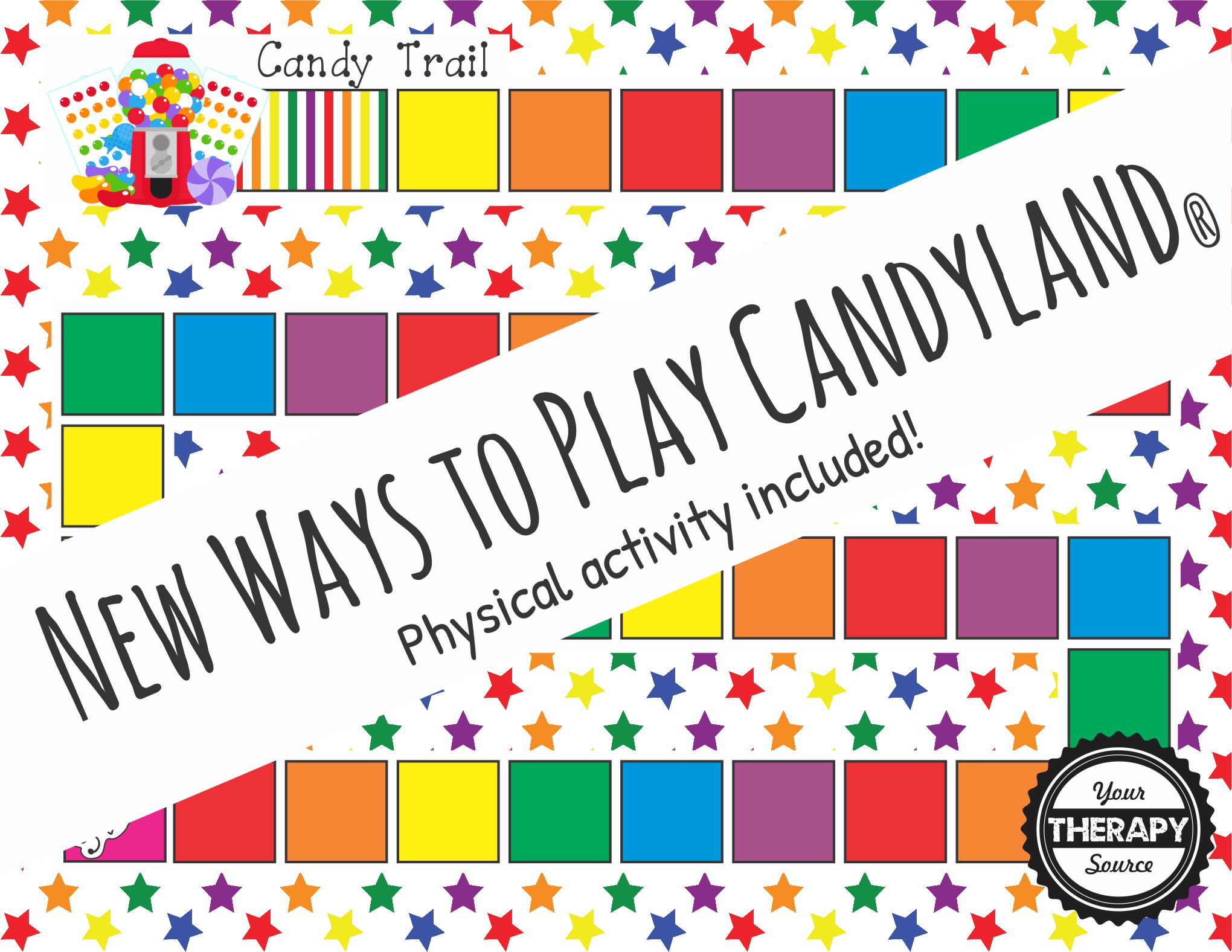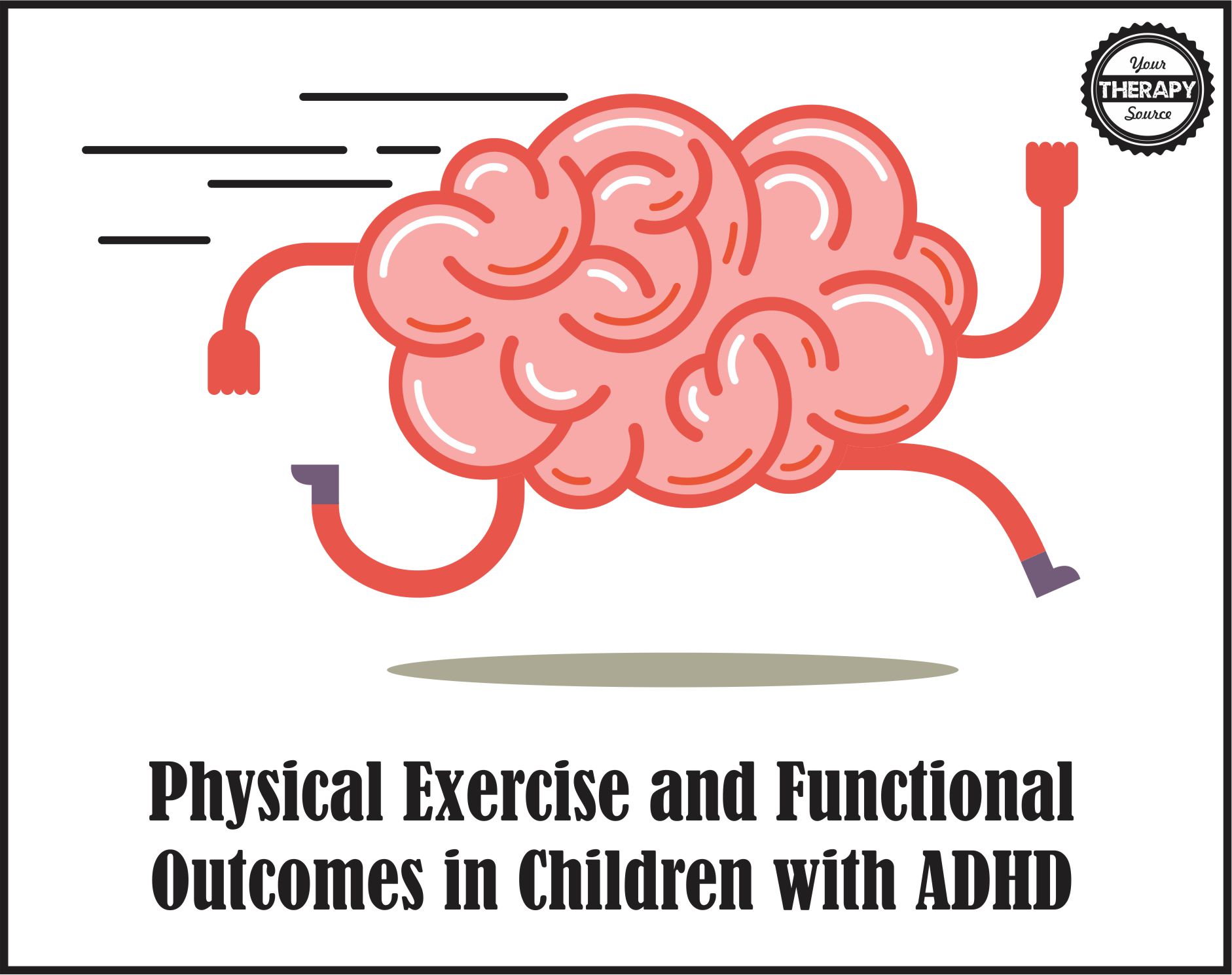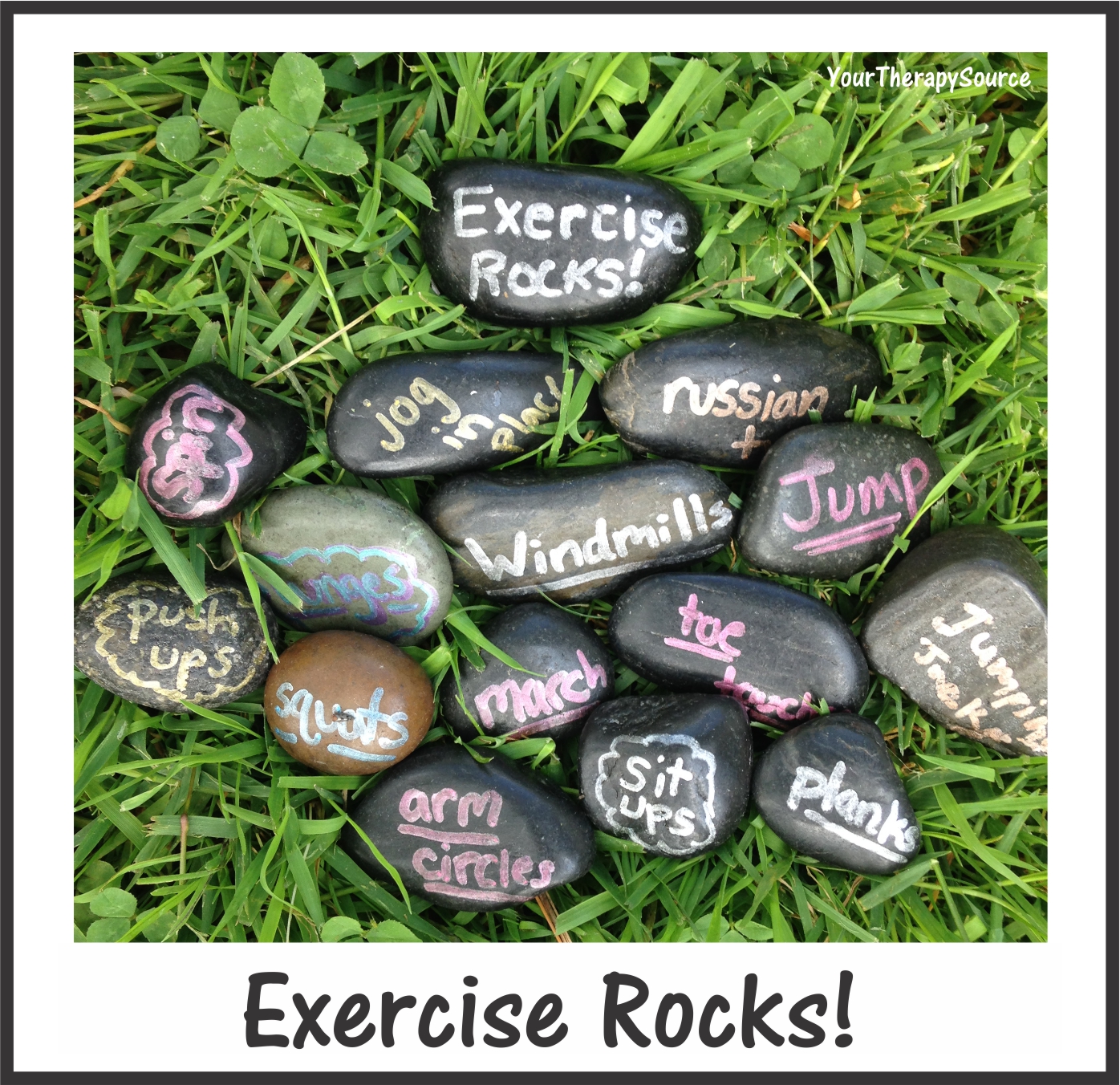New Ways to Play Candyland Including Exergaming
Playing board games with children offers learning opportunities to develop counting skills, color recognition, fine motor skills, self regulation and social skills. Candyland is an all time classic. It was created in 1948 by Eleanor Abbott, while she was recovering from polio and was tested by the children in the polio wards in the hospital. The […]



